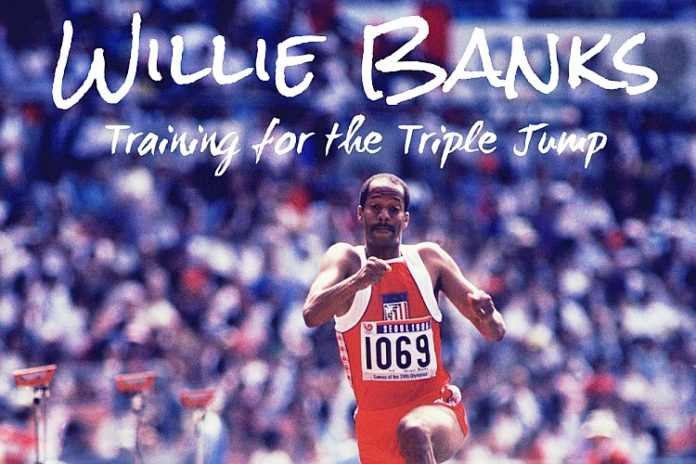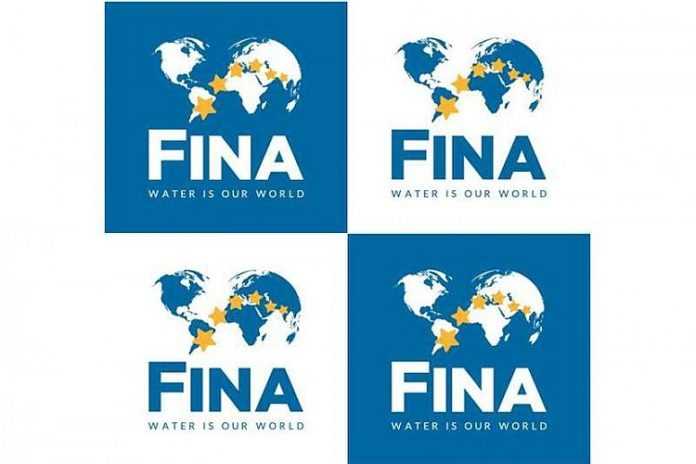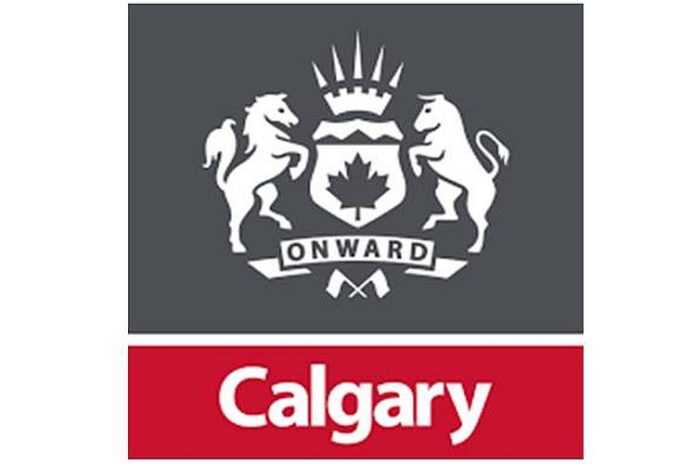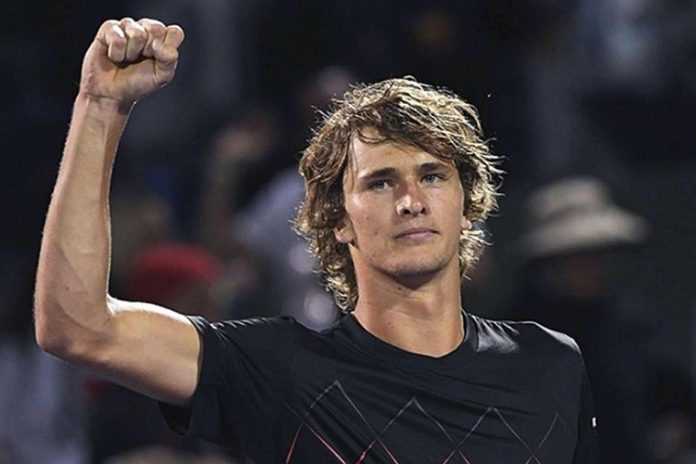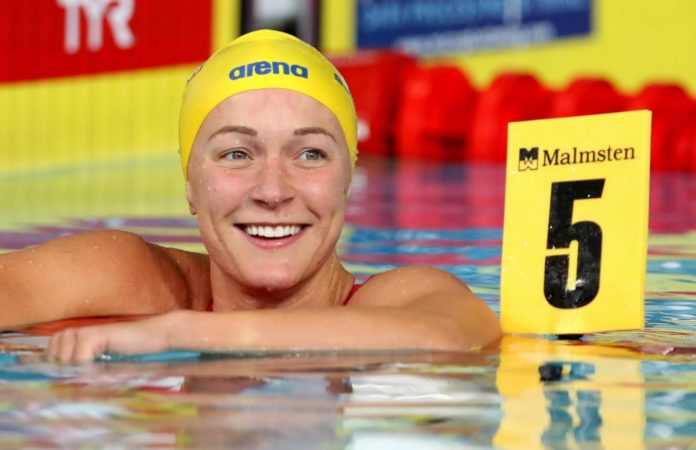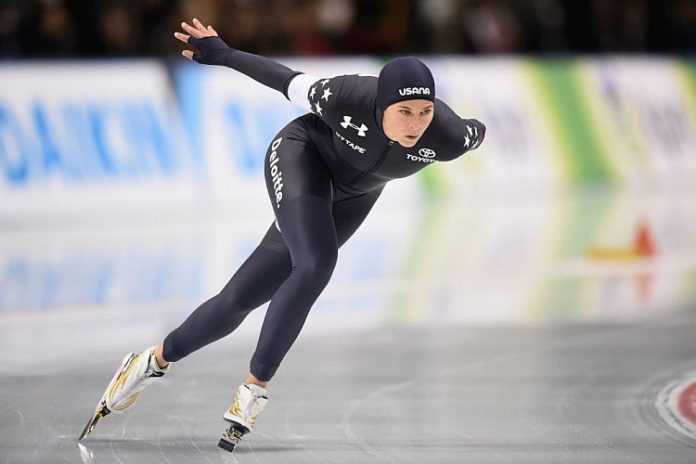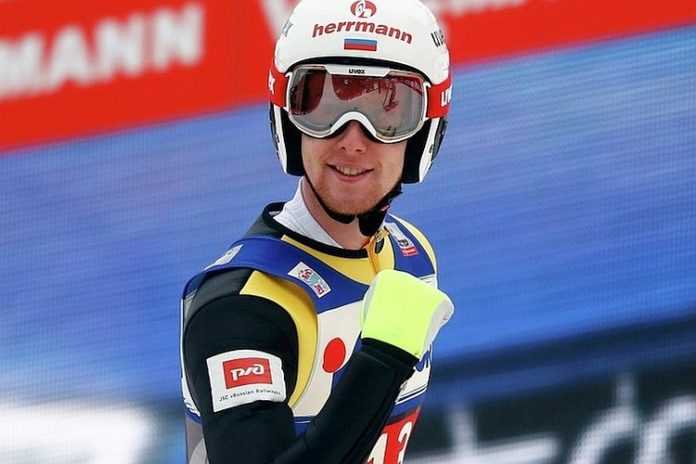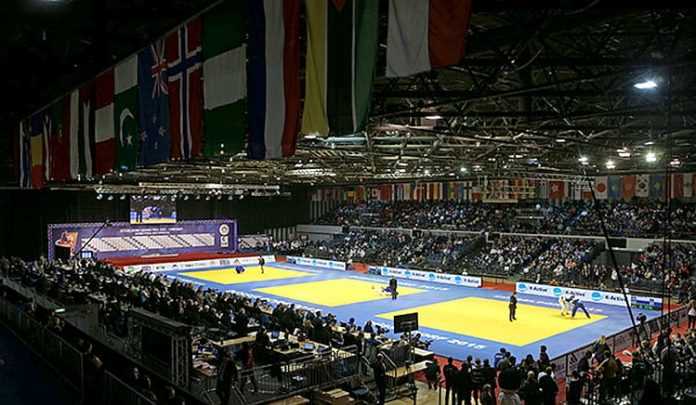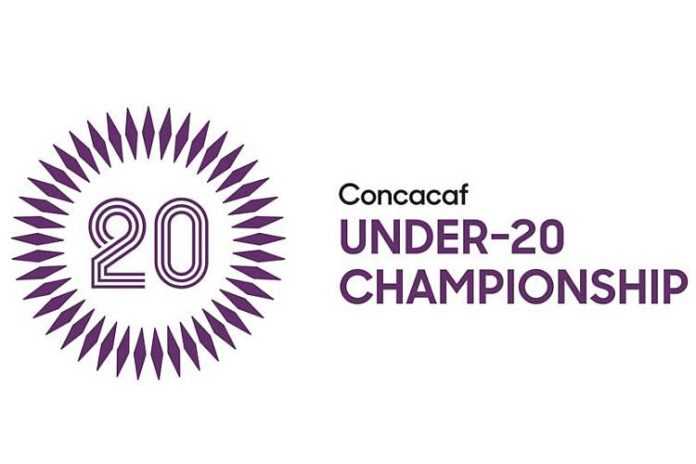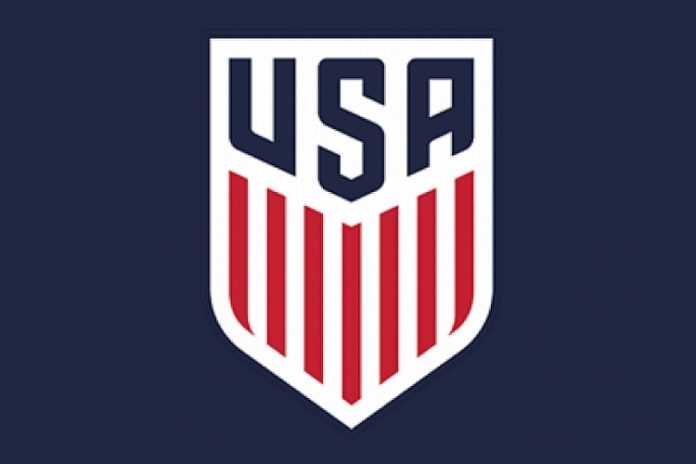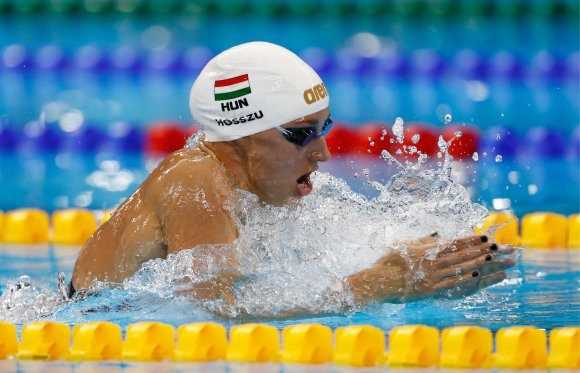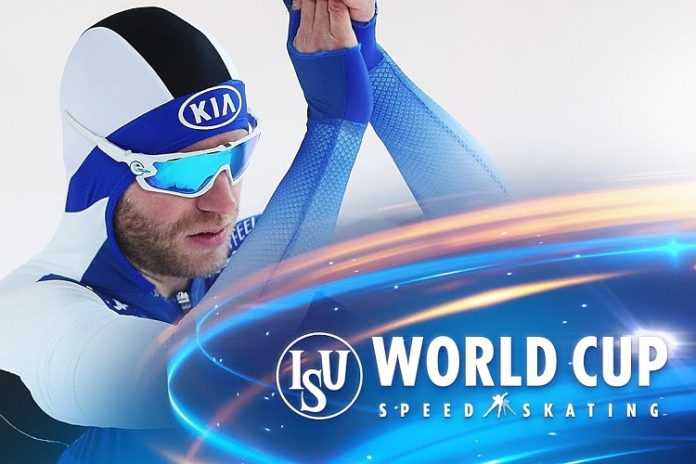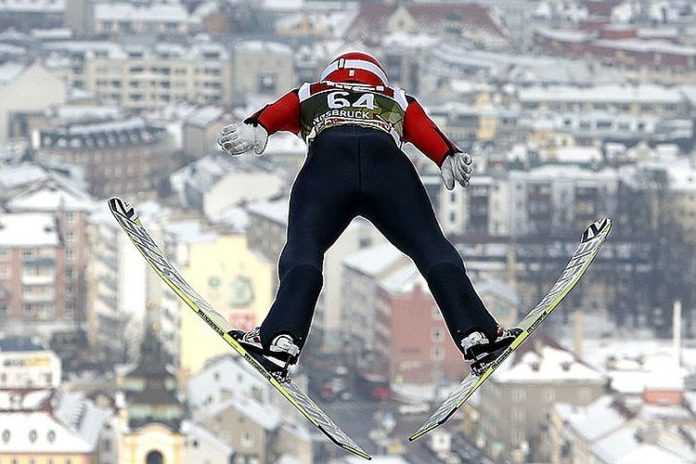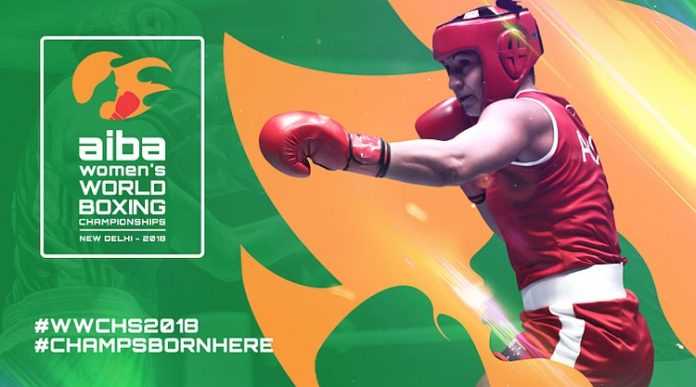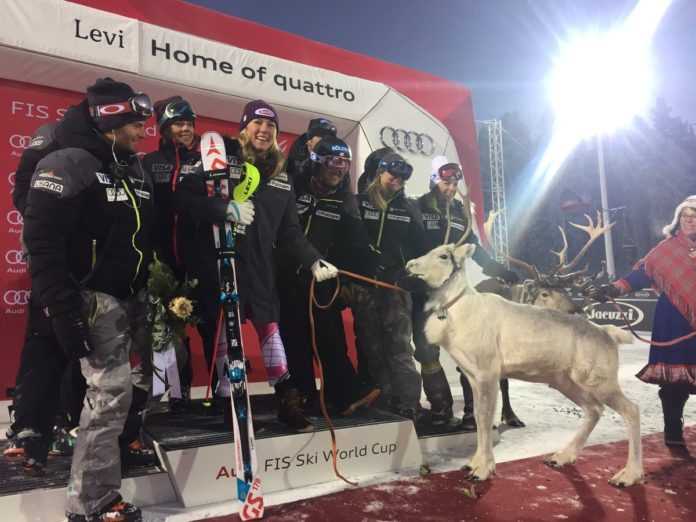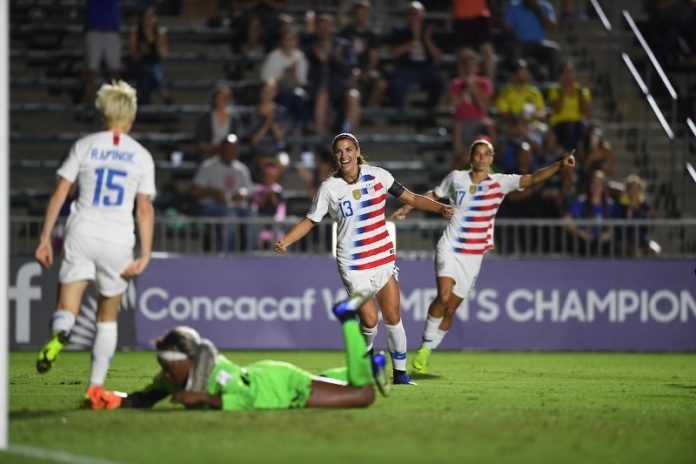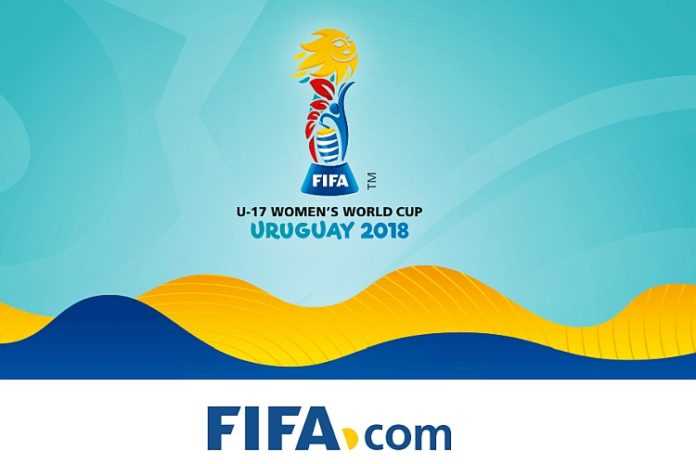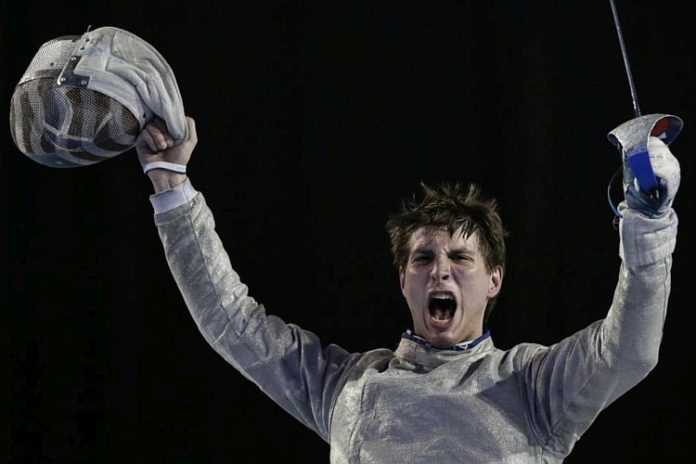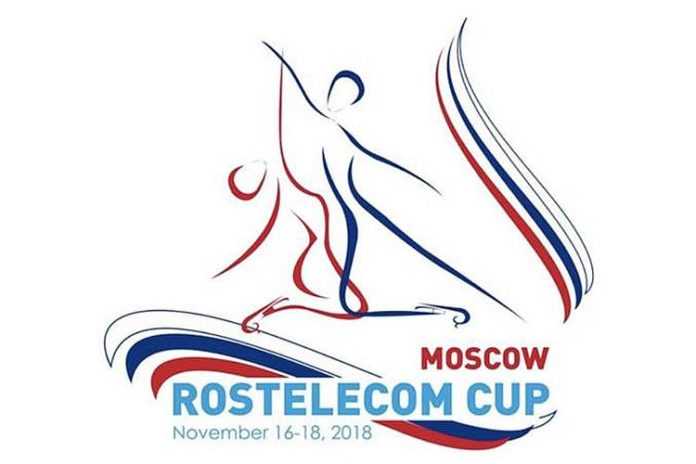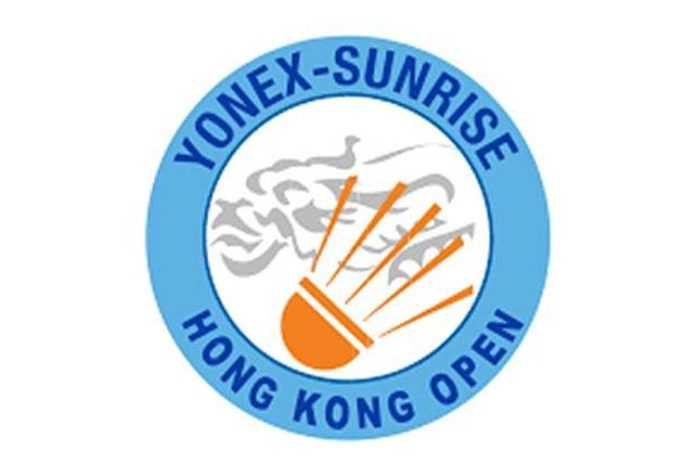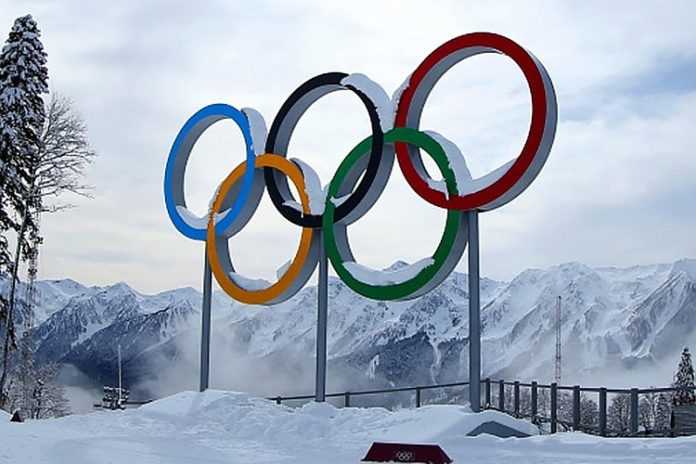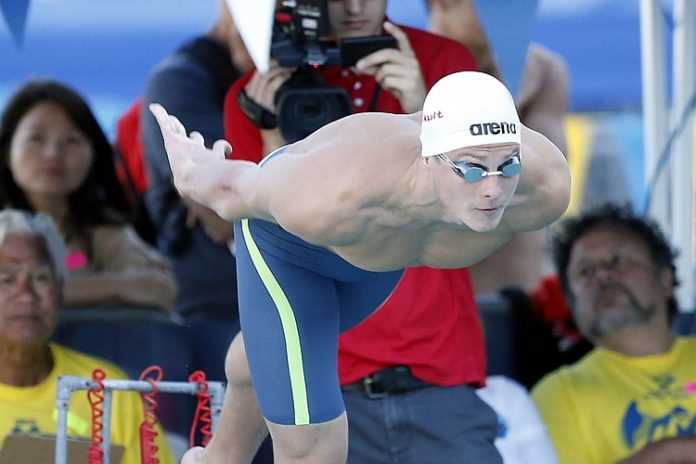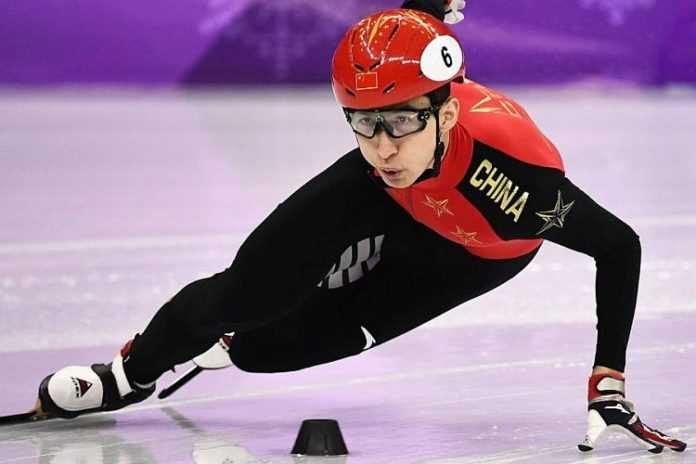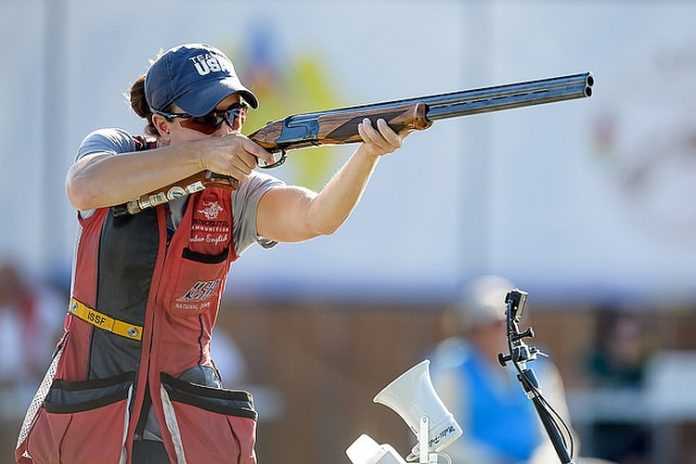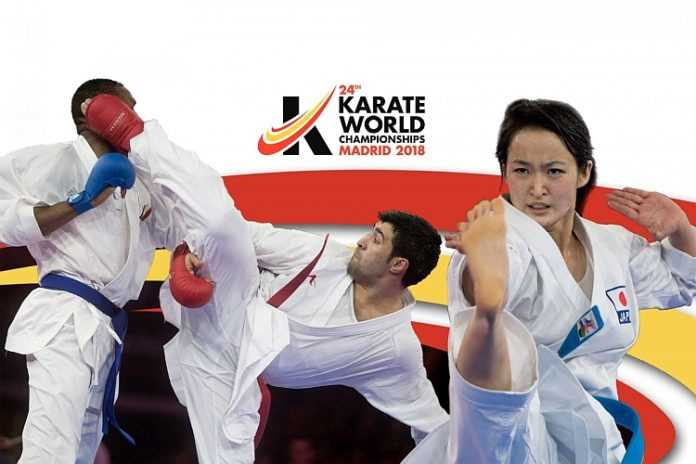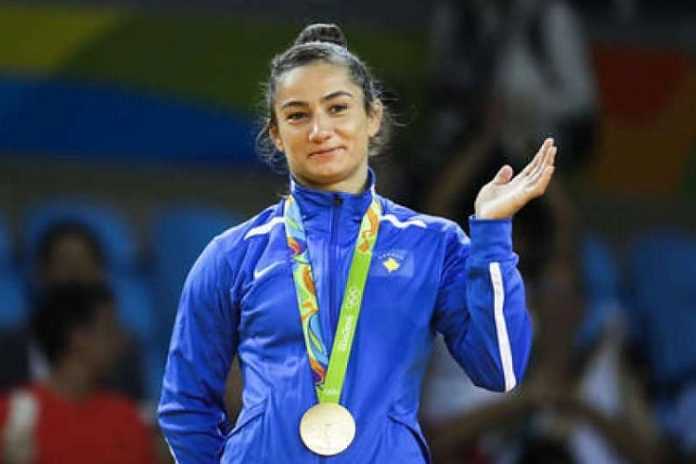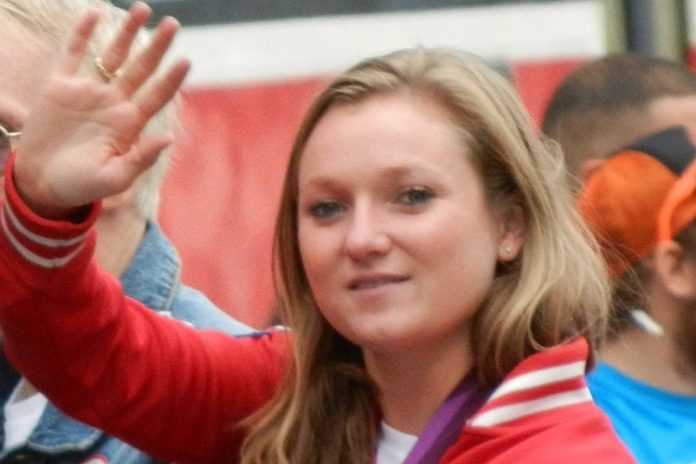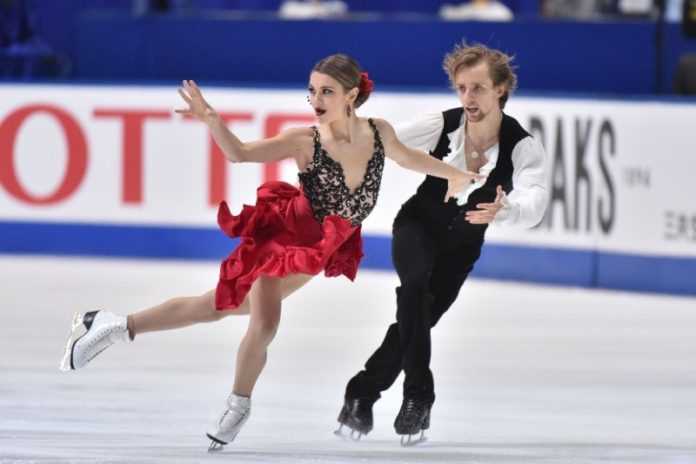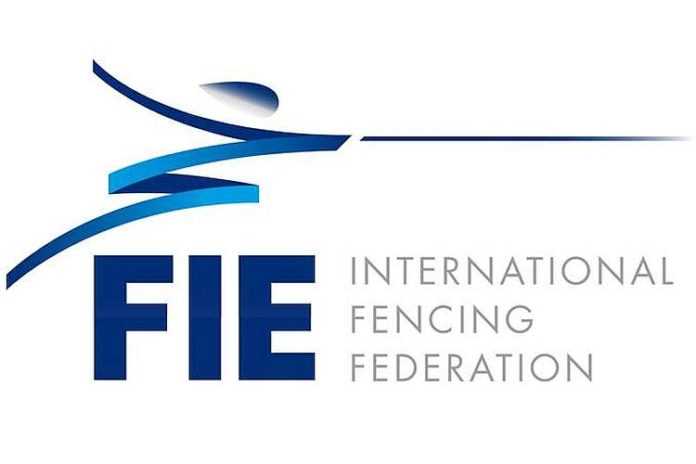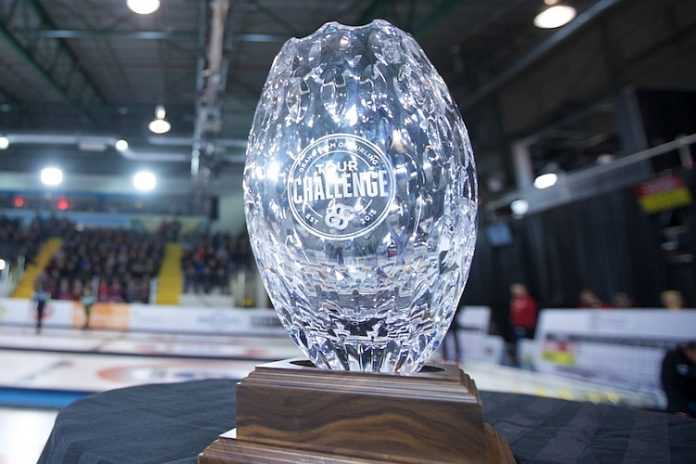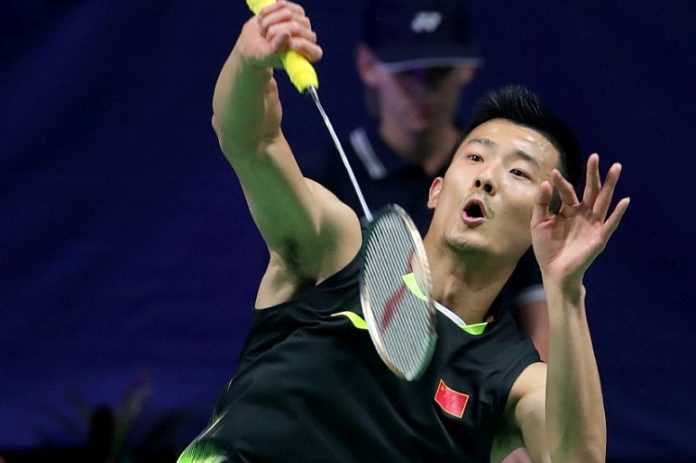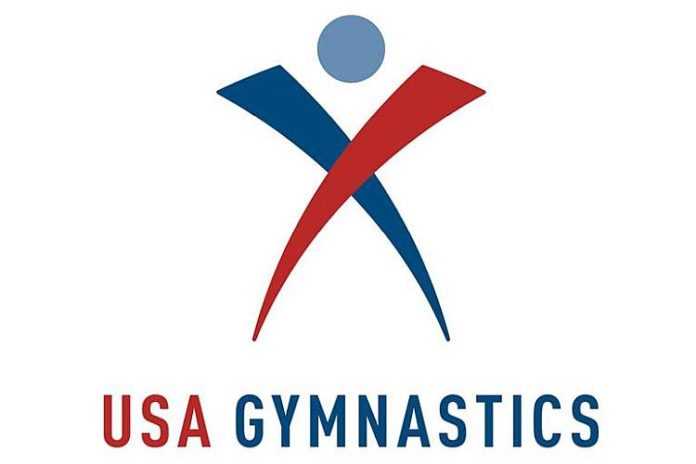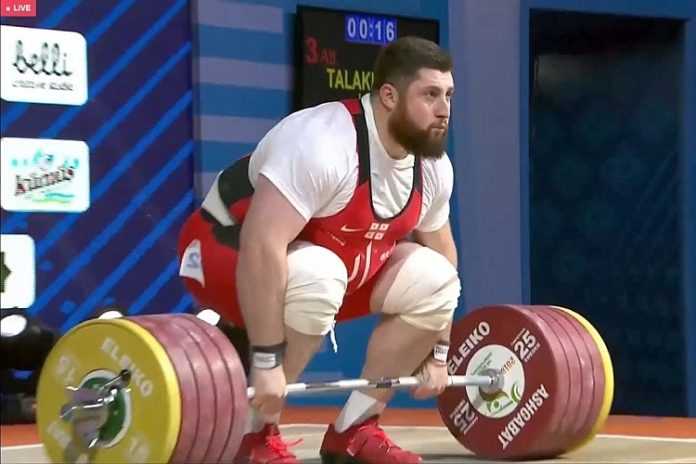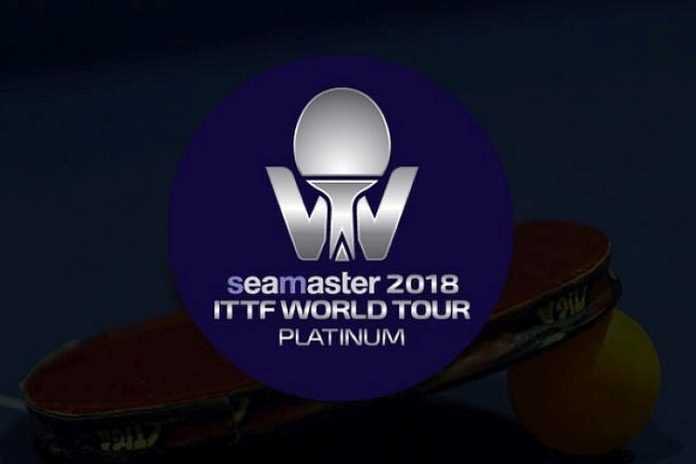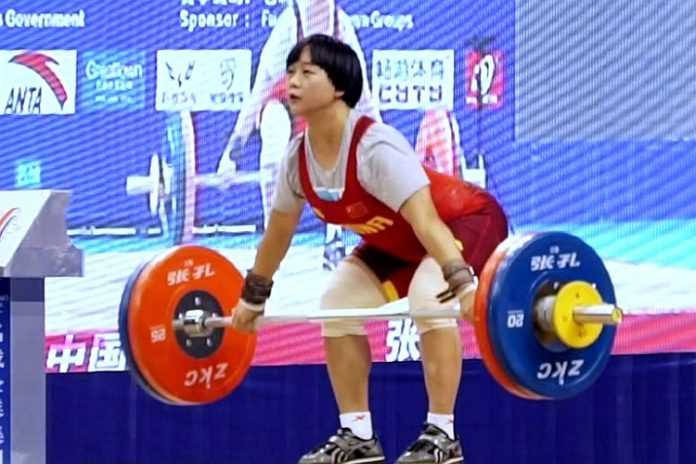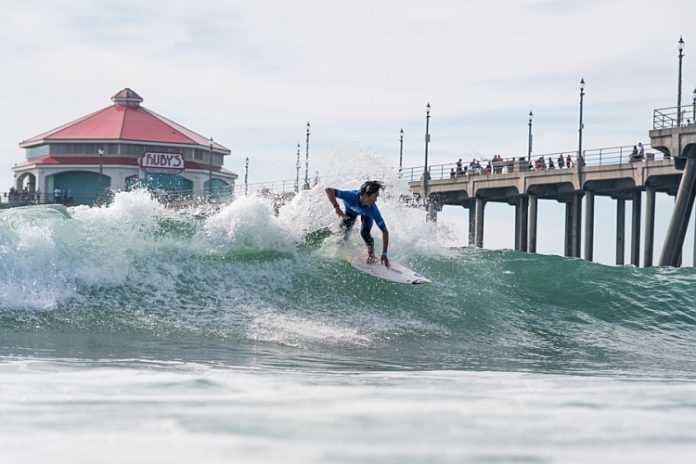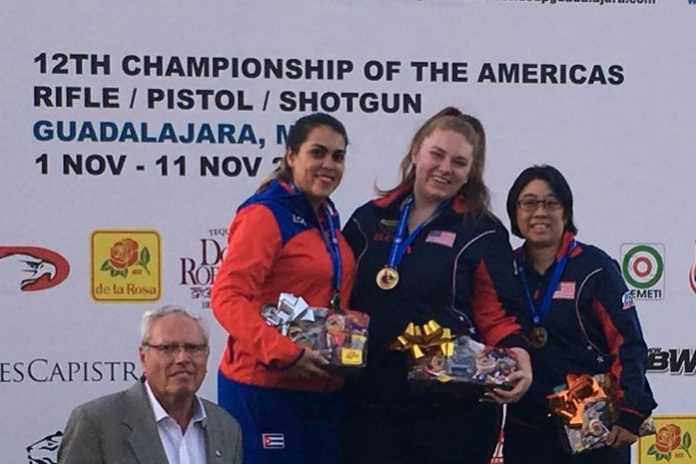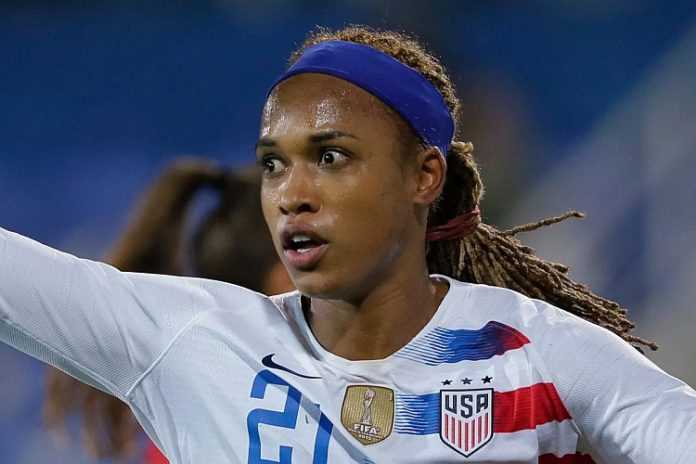In the avalanche of horrific sex-abuse scandals that have plagued many of the U.S. National Governing Bodies, USA Track & Field has barely been mentioned.
While USA Gymnastics stands at the edge of dissolution and Congressional inquiries have featured a parade of NGB senior executives from bobsled, figure skating, swimming, taekwondo, weightlifting and others, track & field has been absent from the scene.
That’s a good thing, but it doesn’t mean all is rosy in the highest-profile sport in the Olympic Movement. Despite some advances, track & field athletes still aren’t paid much, the sport has little or no national media visibility, the recommended choice for the 2016 Olympic Marathon Trials was overruled by the USATF Board of Directors, the selected site for the 2020 Olympic Track & Field Trials was replaced by the same Board months later and the elected President of the association was suspended by the Board early this year.
Now the association will revisit another open wound at its upcoming Annual Meeting in Columbus, Ohio from 29 November-2 December: the election of its nominee for the IAAF Council.
In 2014, the same election was held, between longtime IAAF Council member Bob Hersh, and then-USATF President Stephanie Hightower. Hersh had been the U.S. rep to the Council since 1999 and was then IAAF First Vice President. Hightower was a four-time U.S. champion in the 100 m hurdles and was the USATF President since 2008.
The membership voted for Hersh by 392-70 (85-15%), but the Board of Directors voted for Hightower by 11-1 and she was selected as the USATF nominee. She was elected to the IAAF Council in August 2015; her term as USATF President ended in December 2016. She continues to serve on the IAAF Council today.
The Board’s action was met with a firestorm of outrage, leading to a remarkable series of statements issued in the Board’s name. The most detailed was a February 7, 2015 memo that stated, in pertinent parts:
“Bob has served actively since 1999, but since that time there has not been a specific action at the IAAF that has actively advanced the interests of American athletes or teams. With a new IAAF president about to be elected – and all that goes with it – whatever ability Mr. Hersh may have had to affect positive action at the IAAF for American athletes is gravely mitigated by the new IAAF circumstances and the changes that will happen this summer,” and
“The facts we based our decision on were not those that had been discussed – and perhaps not even known – by Annual Meeting attendees in the days leading up to the Closing Session. Mr. Hersh had addressed many committee meetings to present the case for himself as USATF’s IAAF Council nominee. It is our understanding that the political changes taking place at the IAAF, and how USATF could most effectively be part of them, were not part of those discussions. Those, however, were the considerations that were the crux of our decision.”
Those political changes were the end of the criminally-tinged period of the Lamine Diack (SEN) presidency and the election of Sebastian Coe (GBR) as the new IAAF President. Unspoken was the fact that Hersh was 74 at the time of the election and Hightower was 56.
Now the USATF election for IAAF representative has come up again, with Hightower standing as a candidate for a second term and being opposed by the three-time Olympian and former world-record holder in the triple jump, Willie Banks.
Both submitted statements in the USATF’s Elections’ (sic) Nominations Booklet, with Banks noting that he has twice served previously on the USATF Board of Directors, continues to host clinics to teach the sport to children and has extensive relationships with the Tokyo 2020 Olympic Organizing Committee and IAAF Council members including Coe, Morocco’s Nawal El Moutawakel, Cuban legend Alberto Juantorena, Ukraine’s Sergey Bubka and others. Among those who supported his nomination was Hersh.
Hightower’s nomination was also supported by a list of well-known names in USATF circles, including former Washington State coach and Men’s Track & Field Committee chair John Chaplin. Given that she was selected because Hersh had not done anything “that has actively advanced the interests of American athletes or teams,” it was curious that her one paragraph on achievements read thus:
“I’ve been engaged with our region (NACAC), cultivated relationships with all 32 federations, and serve on the NACAC executive council. This has allowed me to increase the number of USA officials selected for international competitions as Race Walk officials and judges, International Technical Officials (ITOs), and coaches, and secured seats on the IAAF and NACAC Athletes Commissions.”
Hightower is now 60 and Hersh, who is not running, is now 78. In the four years since Hightower replaced Hersh on the IAAF Council, it’s worthwhile to compare Hightower’s own description of her achievements with Hersh’s resume of activities while off the Council, which includes chairmanship of the IAAF’s Doping Review Board since 2016. That three-member panel screens each application by a Russian athlete to compete as an “Approved Neutral Athlete” and the effort consumes hundreds of hours a year. Hersh, Sylvia Barlag (NED) and Antti Pihlakoski (FIN) are the ones who have kept the number of Russian athletes competing to a few dozen who are demonstrably doping-free.
So who’s done more to directly assist American athletes – and all other clean athletes – over the past four years?
The procedures concerning the election of the USATF rep to the IAAF Council have been changed, and the USATF Governance Manual for 2018, Article 17.B reads: “The membership shall elect USATF’s candidate for positions on the IAAF Council, including IAAF officers, at the annual meeting prior to the IAAF election,” with Board oversight limited to disqualification of the elected nominee “for good cause” by a two-thirds majority, and appealable to the Court of Arbitration for Sport.
Those are better rules to uphold the election results than before, but certainly not ironclad.
That brings us back to Hightower and Banks. Their ages are almost the same (62 for Banks, 60 for Hightower) and both are African-American. Both competed at a high level in college (UCLA for Banks, where I was the student manager for coach Jim Bush; Ohio State for Hightower) but Banks was the better athlete, setting a world record of 17.97 m (58-11 1/2) in 1985.
What makes Banks such an intriguing candidate, however, is his post-athletic professional experience. After his triple jumping days, he dove into sports administration and had successful line-management roles in the organizing committees of the 1994 World Cup in the U.S. and 1996 Olympic Games in Atlanta. He worked in Japan for three years and speaks fluent Japanese, and today is the President of the organizing committee for next year’s World Beach Games in San Diego.
These experiences can be critical assets to USATF and the IAAF. If the sport is to grow – and it needs growth badly – having someone who has been both an athlete and an on-the-ground organizer is critical because both have to succeed for the sport to be successful.
How much more important will this be in the coming three years when:
∙ The 2020 Olympic Games will be in Tokyo, where Banks is already well known and much admired, a key to getting things done there;
∙ The 2021 World Championships will be in Eugene, Oregon in an under-construction facility;
∙ He can be a much-needed bridge and catalyst with the IAAF’s contracted sponsorship-sales agency, Dentsu, which is headquartered in Japan.
Perhaps most importantly, Banks has already changed track & field for the better and can do so again. His infectious enthusiasm is a not simply fun, but a game-changer. The rhythmic clapping for jumpers and throwers so common today, everywhere in the world, started with him in the 1980s.
Both the IAAF and USA Track & Field need enthusiasm, salesmanship and showmanship as much off the track today as on it when Banks was competing. He now has the management and sales expertise to help the IAAF as much as he helped the triple jump. It’s now up to the USATF members to decide.
Rich Perelman
Editor





















